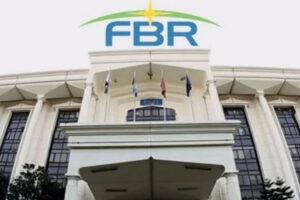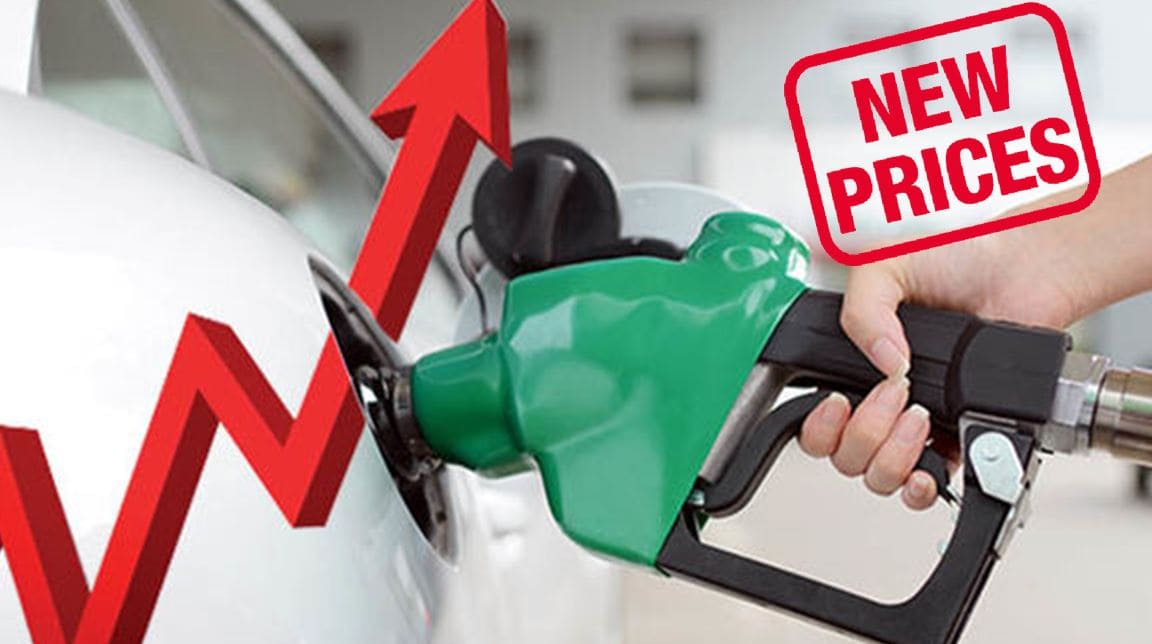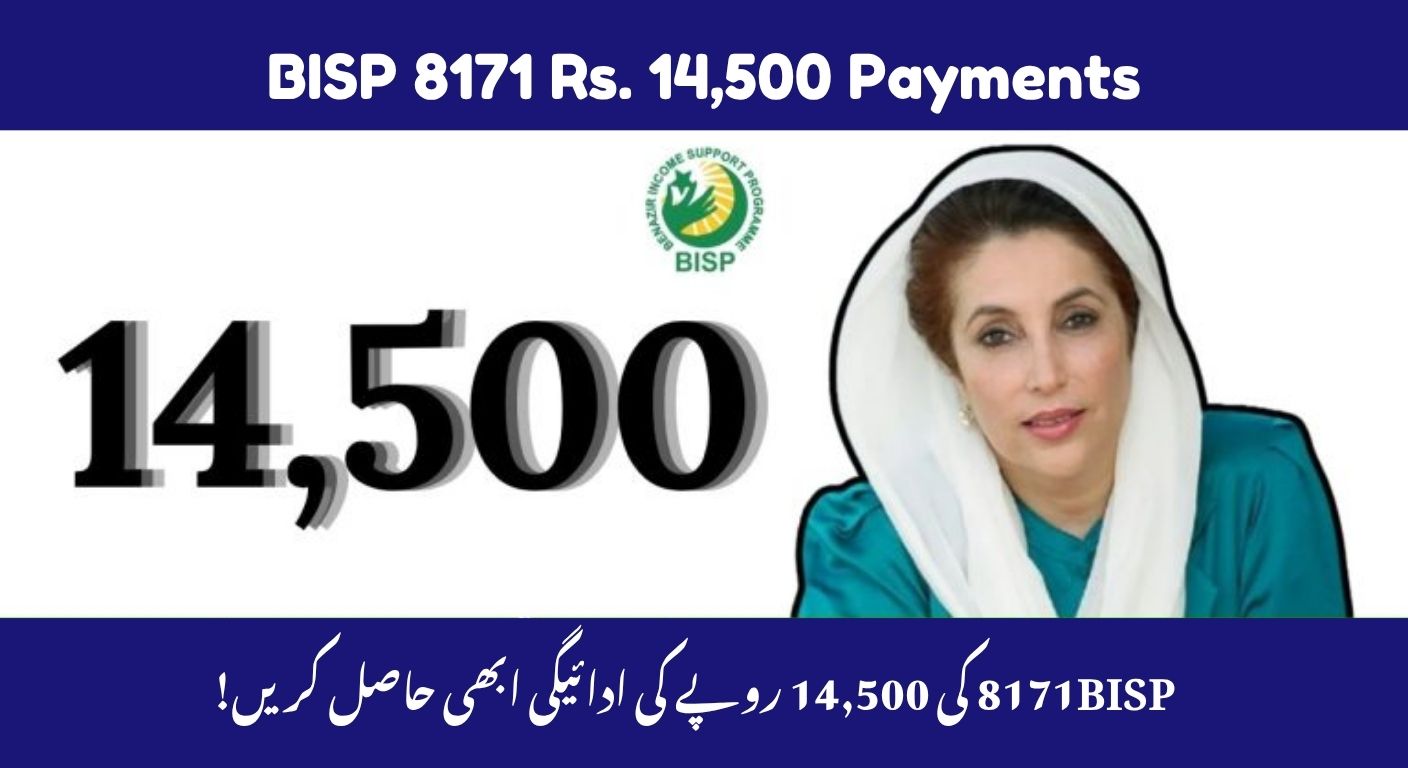Another fortnightly revision is on the table, and commuters are bracing for impact. Early industry calculations indicate a modest but notable adjustment across fuels. Petrol Price Hike Pakistan is once again a headline, and households are calculating how it changes the month’s expenses.
Petrol Price Hike Pakistan: What’s being discussed
-
Market working suggests a perlitre increase for petrol and a larger adjustment for diesel.
-
The final decision typically follows regulator review and government approval.
-
New rates, once notified, usually take effect from the next fortnight’s start date.
Why prices are moving
Fuel prices track international benchmarks, exchange rates, and taxes. When global markets rise or the local currency weakens, domestic costs follow. Petrol Price Hike Pakistan often reflects these variables more than local demand.
Possible impact by fuel type
-
Petrol: small rise affects private commuters and ride hailing costs.
-
High‑speed diesel: larger changes influence goods transport and farm operations.
-
Kerosene and light diesel: adjustments can hit low income households and small businesses.
How a change ripples through daily life
Transport costs move first, then delivery surcharges and fresh produce logistics. Over weeks, price signals can appear in groceries, intercity fares, and services. Petrol Price Hike Pakistan therefore becomes both a mobility issue and a household budget issue.
Household budgeting: quick actions
-
Shift discretionary trips to off‑peak or combine errands into one route.
-
Use fuel‑saver habits: steady speeds, correct tire pressure, and light loads.
-
Consider public transport for predictable routes and peak hour commutes.
-
Share rides for school and office runs to split daily costs.
Petrol Price Hike Pakistan: For small businesses
-
Update delivery minimums and route batching to reduce empty miles.
-
Revisit service zones and time windows to maintain margins without sharp price jumps.
-
Communicate clearly with customers transparency builds trust during volatile periods.
Freight and agriculture implications
Diesel shifts can influence warehouse to store logistics and harvest to market runs. Cost pass‑throughs depend on contracts and timing. Over time, a sustained rise may prompt fleet efficiency upgrades and route optimization.
What to watch in the next 72 hours
-
Official notifications that confirm effective prices and the rate table.
-
Any policy adjustments on levies that soften or amplify the move.
-
Exchange‑rate trends that can shape the next fortnight’s outlook.
Petrol Price Hike Pakistan: Managing commutes
-
Compare intercity coach vs. car for long trips; buses can be cheaper when fuel is high.
-
If possible, alternate work‑from‑home days to cut weekly fuel spend.
-
Use route apps that factor traffic to avoid idle time and wasted fuel.
Fuel‑efficiency checklist
-
Service schedule up to date; clean filters help mileage.
-
Tire pressure checked weekly; under‑inflation wastes fuel.
-
Remove unused roof racks or carriers that increase drag.
-
Plan refuels earlier in the day; queues and idling consume extra.
Retail station tips
-
Prefer stations with steady turnover; fresher fuel can maintain performance.
-
Track loyalty programs or bundled discounts on essentials.
-
Pay attention to posted price changes at midnight cycle starts.
Petrol Price Hike Pakistan: Questions people ask
-
Will fares go up immediately? Ride‑hailing and intercity operators often adjust within days.
-
How long will prices stay high? It depends on global crude trends and local currency moves.
-
Can policy ease the pressure? Tax or levy changes sometimes offset spikes, but not always.
Scenario planning for families
-
Build a two‑week mobility plan around school and office peaks.
-
Allocate a set fuel envelope and track it daily to avoid end‑month surprises.
-
Identify one “switch” day each week when errands shift to walking or public transport.
For delivery riders and drivers
-
Batch orders by neighborhood; avoid long dead‑head rides.
-
Maintain bikes and cars for best km/litre performance.
-
Keep digital logs to understand which routes and times maximize earnings per litre.
Petrol Price Hike Pakistan: Longer‑term signals
If higher prices persist, consumers tend to adopt smaller vehicles, hybrids, or shared mobility. Businesses may refresh fleets and digitize dispatch. City planners often see renewed interest in mass transit subscriptions after prolonged fuel surges.
How media and data help
-
Follow official notifications for confirmed rate tables and dates.
-
Compare fortnight‑to‑fortnight changes instead of day‑to‑day noise.
-
Track both petrol and diesel movements; diesel often drives downstream price pressure.
Community responses that work
-
School carpools and neighborhood ride‑shares reduce parallel trips.
-
Local marketplaces can coordinate grouped deliveries for adjacent blocks.
-
Employers can stagger shifts or promote remote days to spread peak loads.
Petrol Price Hike Pakistan: A practical 7‑day plan
-
Day 1: confirm official rates; update budget and route plans.
-
Day 2: service check tire pressure, fluids, filters.
-
Day 3: set up fuel‑spend tracking in a simple sheet or app.
-
Day 4: test one public transport + walk route; note time and comfort.
-
Day 5: organize a carpool for school or office run.
-
Day 6: batch weekend errands into one loop; avoid cross‑town zigzags.
-
Day 7: review fuel log; adjust next week’s plan by 10% to hit the budget.
From headline to household strategy
Fuel cycles are part of the economic landscape, but preparation softens the blow. With clear plans and a few efficiency habits, families and small firms can navigate volatility. Petrol Price Hike Pakistan will keep returning as news, yet steady routines can turn spikes into manageable adjustments.

















